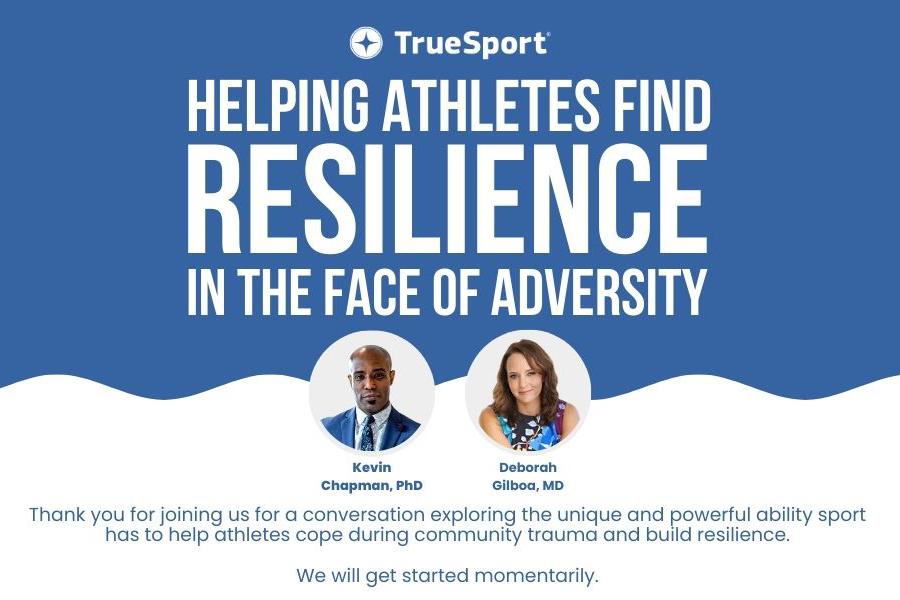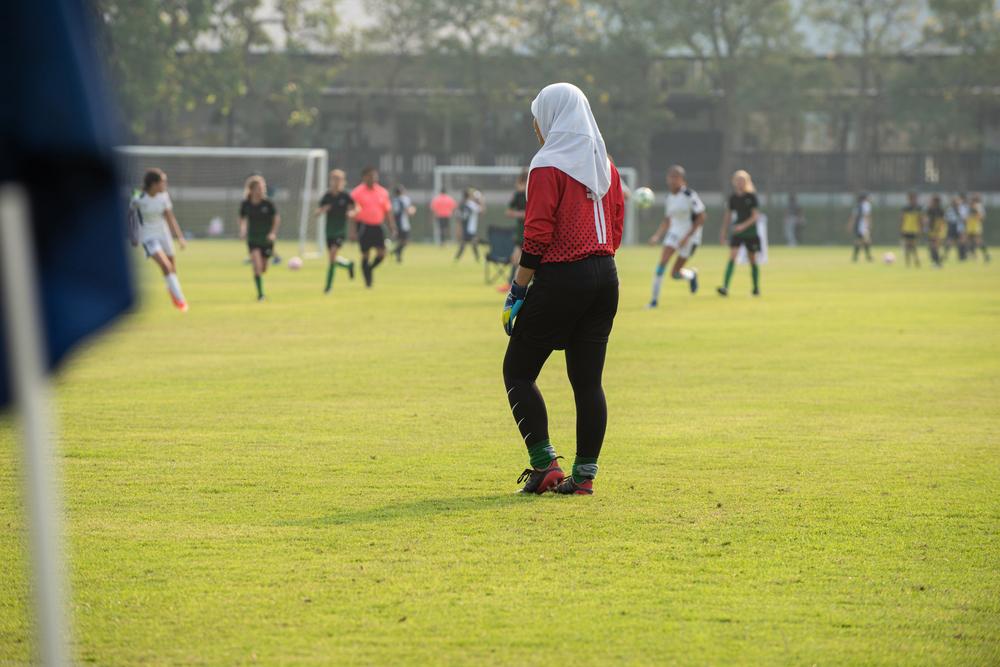Going into high school, I wasn’t sure what sport I wanted to pursue. I love sports, but I wasn’t sure what I wanted. So I kind of, by default in the way it worked out, I ended up playing tennis that fall and I was on number two doubles on varsity. So in doubles, you don’t move a lot. You don’t get in really good shape. I came into cross country ski season as out of shape as I’d ever been probably and I watched my best friend, her name is Laura, go and qualify for junior nationals And she got to go to Lake Placid, New York and represent Colorado and meet skiers from all over the country and miss a week of school, which was a huge motivating factor for me that I didn’t get to do that. So that single moment of not qualifying for junior nationals motivated me to pursue excellence and endurance sport for basically the rest of my career.
So if you consider my career having kind of started when I was 13, 14 years old, really for the first decade, it took me a decade to learn this, I felt this need to prove to everybody after a bad race, that I wasn’t happy. In retrospect, it was like I wanted to do that to prove to people that I cared about my results, that I wasn’t happy with the way I’d skied. It took me a decade and I finally started to learn the best way that I can be proud of myself is to hold myself with dignity after a negative race. So if I need to let some anger out, I can go and find a place where I’m actually secluded and actually alone.
This happened after the Olympic 50K in Russia. I had a great race. I was in the lead pack for 48 kilometers. I was still there heading into the final hill. I watched the three Russians who went on to win that race ski away from the group with a K and a half to go. I got up there and I was as angry as I’ve ever been, but I went in, at this point, I started to learn my lesson, I went into the athlete changing room where no media is allowed and I just fumed. But by the time I left that room, I took a deep breath and I went in front of the cameras at NBC and I congratulated the Russians. I talked about how inspiring it had been to be in that race for 48K and I have not… That is one of the proudest moments of my career is the way I handled myself after that race.
So if I could impart one thing on any young up-and-coming athlete, it is that you are always going to be more proud of yourself if you take ownership over all of your actions and ownership over your career. You cannot blame anybody when things go poorly because ultimately, the responsibility comes down to you. But what that also means is that you can be even more proud when you are successful. And yes, you need advice, you need mentors, you need idols, you need coaches, you need physical therapists, you need massage therapists, you need all these people to help you succeed, but ultimately, it is on you and that means that you hold yourself in a way that you’re going to be proud of and that you have an excuse for your actions and that you always take responsibility for the way you hold yourself.



